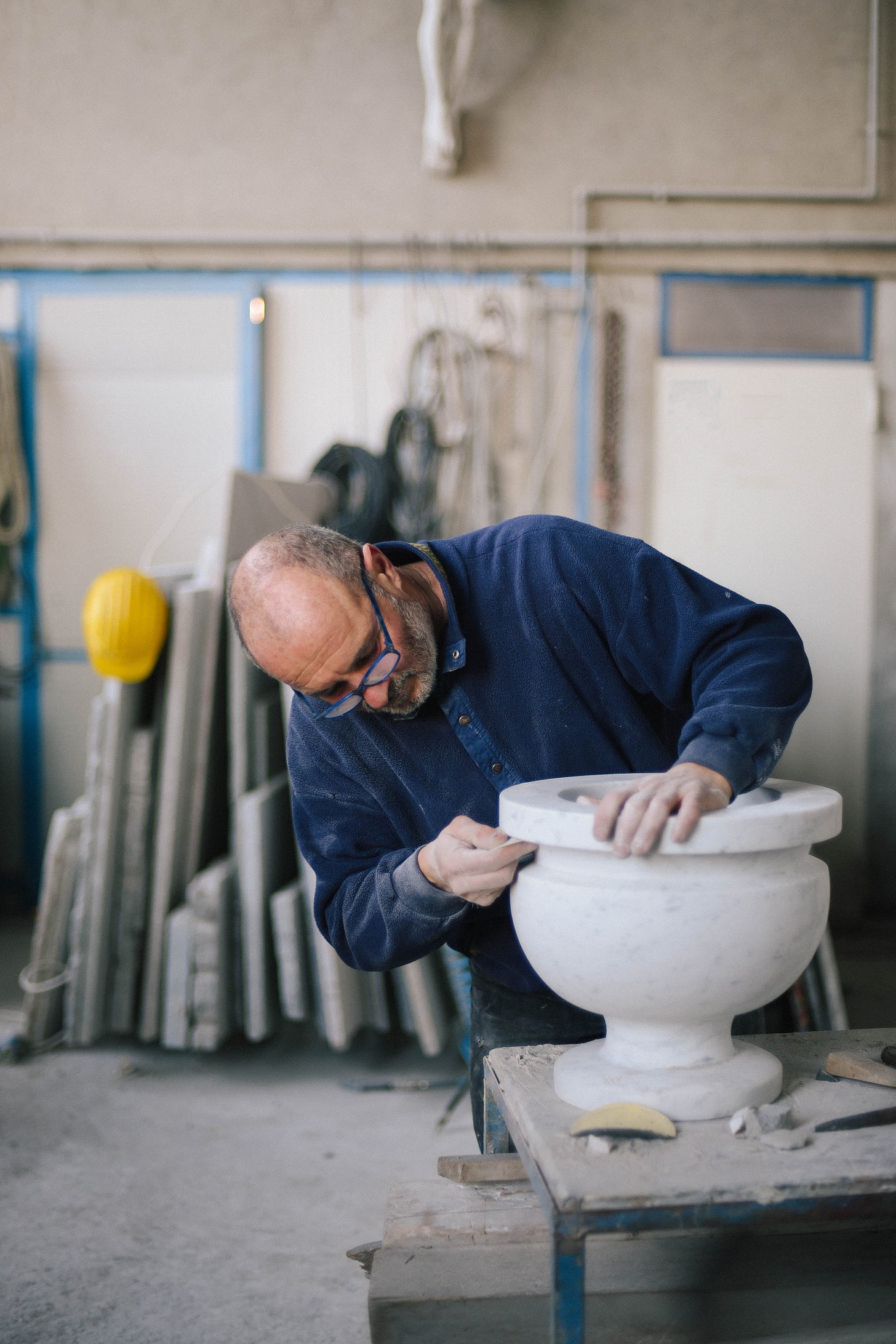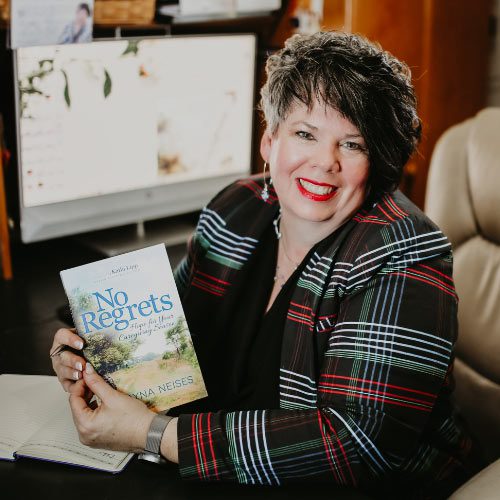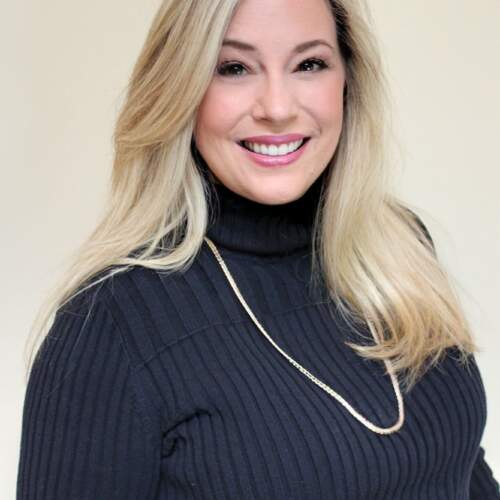You Call That Working?
Photo by Giulia Squillace on Unsplash
The words “work” and “Retirement,” as we normally use them, are opposites and mutually exclusive: If you work, you’re not retired. If you’re retired, you don’t work.
But that’s just not true anymore. The quaint notion of a retirement spent in relaxation and indolence is no longer the norm. For most older adults, it’s not even a preference. Many people of retirement age continue to work – some do it for pay, others for their own pet projects regardless of revenue.
So to avoid total confusion, we really need to rethink our understanding of both terms. In the interests of Clarity, I draw a distinction between paywork, laboring because you must, and joywork, laboring for your own enjoyment. As for “retirement,” I’m all for tossing it in the rubbish bin like an expired carton of milk.
“You keep using that word. I do not think it means what you think it means.” – Inigo Montoya
The reality is that work and the condition formerly known as retirement are no longer mutually exclusive. Millions of older adults continue to be employed, full-time or part-time, well past the age of Social Security eligibility. Most of them continue to do paywork for economic survival. They fear they haven’t saved enough Money to live on, and they are probably right – especially considering that most can expect to be living another 20 to 30 years. Two-thirds of workers due to retire in 2022 said they intend to keep working. Only 25% felt confident that they had saved enough to Finance their retirement.
Others who left the workforce find themselves forced back into it. A retired school lunch worker from Cleveland, Ohio, for example, went back to work part-time at age 76 as a department store sales clerk to cover basic needs plus medicine for her ailing husband.
When Americans are asked how much they need to “retire” comfortably, the average answer comes to $1.27 million. Unfortunately, the average savings for “retirement” is only $426,070.
On a positive note, if you do feel the need to continue doing paywork, now is an excellent time to do it. The tight labor market has made many employers more open to hiring and retaining older workers. Kerry Hannon, an author and expert on careers for older adults, points out that more employers’ acceptance of working from home and remote work has opened up more opportunities for workers 50 and older.
But some among us, myself included, are more fortunate. We have the luxury of doing joywork, regardless of whether it pays, one we stop paywork.
Sometimes that means continuing the career we love. Howard Tucker, at 101 years old the Guinness World Record holder as the world’s oldest practicing physician, cannot imagine any happiness greater than the joy he gets from seeing patients. (His younger wife, on the cusp of turning 90, also continues to practice psychiatry.)
For others, the joywork comes in doing something entirely new and different. It may be a childhood dream that had to be cast aside for paywork, a hobby you want to devote more energy towards, or just something you’ve been curious about. The AfterWork (the term I nominate to replace the mythical life stage we now call “retirement”) provides that opportunity to pursue a different kind of “work” that satisfies your internal needs and gives you satisfaction.
“The most successful people are those who do all year long what they would otherwise do on their summer vacation.” – Mark Twain
Take the case of Mike Drak, who describes himself today as a retirement Lifestyle designer. Mike had a 38-year career in financial services. When, at 59, the bank gave him his walking papers and a severance check, at first “I felt like I’d won the lottery,” he says. But soon he fell into what he calls “retirement shock,” a state of boredom, Depression, and losses – of identity, purpose, structure, and community. He pulled himself out of his doldrums when he realized he was not satisfying his fundamental needs, which included engaging in activities that were interesting, challenging, and gave him a sense of achievement. Banking had fulfilled some of them, and “until I could discover alternative ways to satisfy these needs, I was stuck in retirement hell.”
His solution was to reinvent himself as an author, speaker, retirement coach, and expert on finding new purpose and passions in The AfterWork.
I had a similar experience. I was ecstatic to collect Social Security at 66, but it took another three years of false starts and stumbles to find the joywork that gave me a renewed sense of purpose. Writing The EndGame is my happy place. It gives me the satisfaction of reaching readers directly and receiving immediate response. It is fulfilling in a way that nothing in my previous careers ever was.
And if that isn’t reason enough to pursue joywork if you can, or paywork if you must, here’s another: It’s good for your brain. Studies show that “continuing to work has benefits for cognition,” says a research scientist at the University of Michigan. Part-time Employment and volunteer work also seems to be associated with better physical health.
The fairy tale “retirement” is dead for all but the richest of the rich. But in The AfterWork, we have abundant opportunities to keep body, mind, and soul healthy as we do the joywork that we have earned the right to pursue.
What’s Your Joywork?
Have you found a project or a new venture that satisfies your needs? I’d love to hear more about it! Contact me at don@donakchin.com.


























